Buenos Aires Inhabitants: Meet the People Behind Argentina’s Most Vibrant City

Buenos Aires: A City Brought to Life by Its People
Buenos Aires, the vibrant capital of Argentina, is often celebrated for its stunning architecture, rich history, and pulsating nightlife. However, what truly brings this city to life is its inhabitants—diverse, passionate, and deeply connected to the cultural fabric of this enchanting metropolis. In this blog post, we’ll explore the unique characteristics of the people of Buenos Aires and how they shape the city’s identity.
A Melting Pot of Cultures
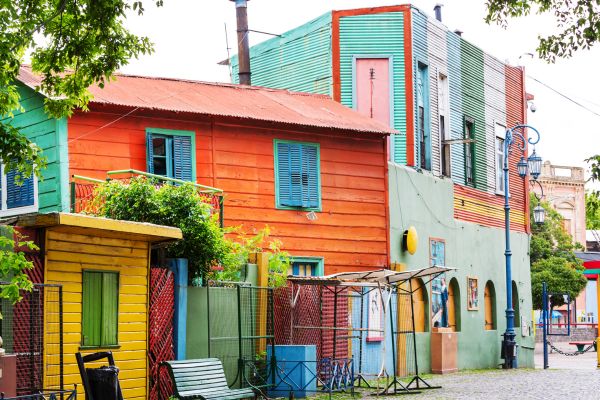
One of the most fascinating aspects of Buenos Aires is its rich tapestry of cultures. The city is home to over three million residents, a significant number of whom are immigrants or descendants of immigrants from various countries, including Italy, Spain, and more recently, Syria and Paraguay. This blend of cultures has created a vibrant society where traditions, languages, and cuisines coexist, making Buenos Aires a truly global city.
The Italian Influence
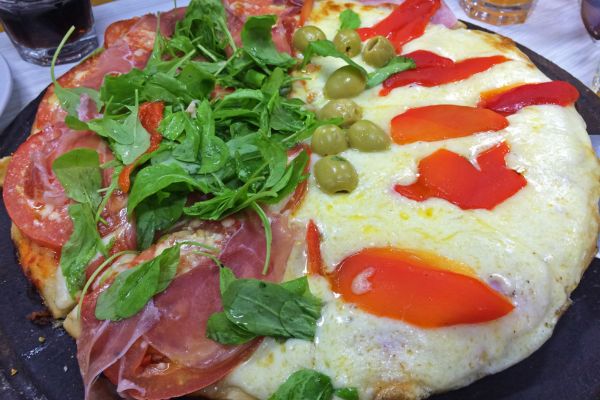
The Italian community has significantly influenced Buenos Aires, evident in the language, food, and daily life. Many locals speak with an Italian cadence, often blending Spanish with Italian expressions. The city's culinary scene showcases this influence, with numerous pizzerias and pasta restaurants dotting the neighborhoods. A visit to Buenos Aires wouldn’t be complete without indulging in a slice of fugazza (an Italian-style focaccia) or pizza al corte (pizza by the slice).
Language and Daily Life
The Italian influence is most noticeable in the way porteños speak. Locals often mix Spanish with Italian phrases, and their speech carries a rhythm similar to Italian, making Buenos Aires Spanish sound unique.
Culinary Traditions
Food is another area where the Italian legacy thrives. From family-run trattorias to pizzerias, the flavors of Italy blend seamlessly with Argentine traditions, enriching the local dining scene.
The Spanish Heritage

Spanish heritage is equally prominent in Buenos Aires. From the historic architecture in neighborhoods like San Telmo to the lively tapas bars scattered throughout the city, the Spanish influence is palpable. Many of the city's traditions and festivals, such as la Semana Santa (Holy Week) and Feria de Mataderos, reflect its Spanish roots and are celebrated with fervor by the locals.
Architecture and Neighborhoods
Spanish colonial architecture is preserved in areas like San Telmo, where cobblestone streets and historic buildings tell the story of Buenos Aires' Spanish past.
Festivals and Traditions
Cultural celebrations, such as Semana Santa, are a vital part of the city's Spanish legacy. These events bring the community together to honor religious and historical traditions.
The Spirit of the Porteños
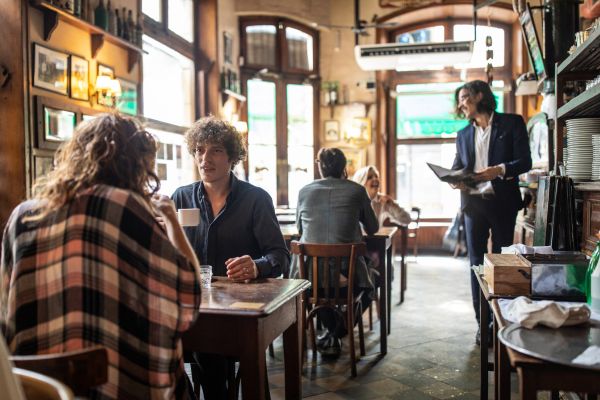
Locally known as porteños, the inhabitants of Buenos Aires are renowned for their warmth and hospitality. Whether you’re wandering through the streets of Palermo or enjoying a café in Recoleta, you’ll notice the friendly demeanor of the locals, often eager to share stories or recommendations.
The Passion for Football

In Buenos Aires, football isn't just a sport; it’s a way of life. The city is home to some of the most famous football clubs in the world, including Boca Juniors and River Plate. The rivalry between these two teams, known as the Superclásico, is one of the fiercest in sports, drawing passionate fans who fill the stadiums with their chants and cheers.
Football matches are community events that unite people from all walks of life. On game days, the streets of Buenos Aires come alive with fans sporting their team colors, sharing food and drinks, and celebrating their shared love for the game. Whether you’re a die-hard football fan or a casual observer, experiencing a match in Buenos Aires offers a glimpse into the heart and soul of its inhabitants.
Passionate About Life
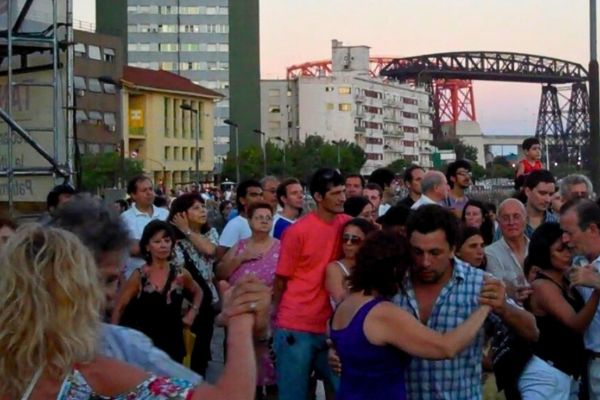
Porteños are known for their passionate approach to life. This can be seen in the city’s dynamic arts scene, where residents take pride in their local artists, musicians, and dancers. Tango, a dance that originated in Buenos Aires, is not just a performance; it’s a way of life. Locals gather in milongas (tango dance halls) to showcase their skills, and it’s not uncommon for a spontaneous dance to break out in public squares.
The Tango Culture
Tango isn't just entertainment in Buenos Aires; it's an integral part of its cultural identity. Milongas fill with locals sharing this passionate dance, connecting through movement and tradition.
The Arts Scene
From street art to theater, porteños infuse their creativity into every corner of the city. The arts scene is a reflection of their passionate and expressive nature.
A Community of Resilience
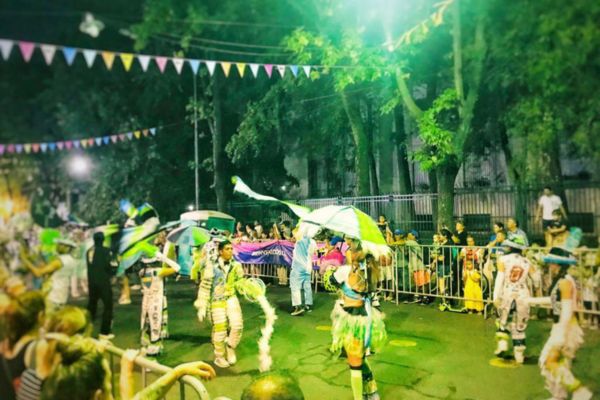
Buenos Aires inhabitants have faced numerous challenges, from economic fluctuations to political unrest. However, their resilience shines through. The spirit of the porteños is one of tenacity, with a community that supports one another. This collective strength is a testament to their deep-rooted connection to their city and culture.
Celebrating Diversity in Buenos Aires
As a visitor to Buenos Aires, immersing yourself in the local culture is essential. Engaging with the inhabitants can enrich your experience, whether it’s joining a local tango class, visiting a street market, or sharing a meal with a family in a traditional asado (barbecue). The warmth of the porteños will undoubtedly leave a lasting impression.
The People of Buenos Aires: A Cultural Mosaic That Defines the City’s Soul

The inhabitants of Buenos Aires are the heart and soul of this magnificent city. Their diverse backgrounds, passionate spirit, and resilience shape the cultural landscape, making it a fascinating destination for travelers. As you explore Buenos Aires, take the time to connect with the locals and embrace the vibrant life that fills the streets. From the Italian pizzerias to the tango halls, each interaction with the porteños will enhance your journey and provide a deeper understanding of this captivating city.
GoToBuenosAires invites you to discover not just the sights, but also the people who make Buenos Aires an unforgettable destination.
